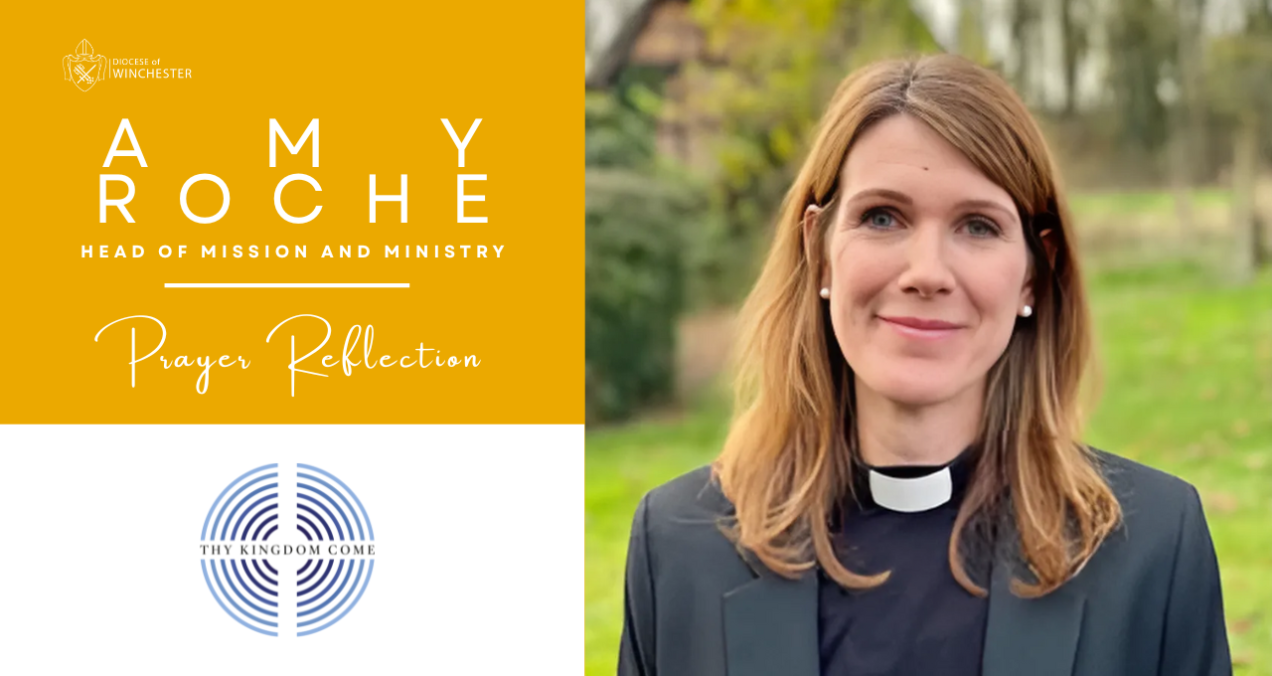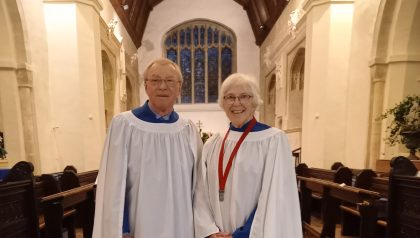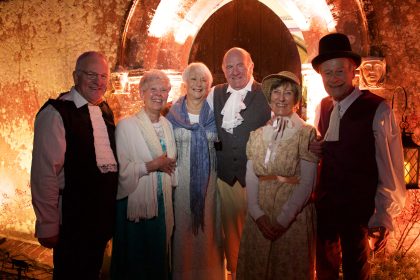Between 29 May and 8 June, the period of Thy Kingdom Come, our bishops and members of our senior team will be sharing reflections on prayer. Read a reflection entitled ‘He Invited Him to Sit with Him’ from Reverend Dr Amy Roche, Diocesan Head of Mission and Ministry, below.
In Acts 8:26–40, we encounter a striking example of how the Kingdom of God is not a static realm we wait for others to discover, but a dynamic movement that calls us to go, to draw near, and to walk with those seeking truth.
Philip is instructed by the Spirit to go toward the desert road, a place not of convenience but of divine appointment. There he finds the Ethiopian eunuch—a man of position and intellect, but a man who may have experienced a sense of exclusion as he had been attending the Temple, being disallowed to worship alongside the main group of men due to his physical condition as a eunuch.
As he sat now, on a pause in his journey home, he was seeking understanding in the Scriptures, but unable to grasp their full meaning. How could he match his experience with knowing good news and the love of God? Might he have felt that the law of Moses seemed, rather, to discriminate against him?
But God is sending a person of faith to come alongside him. Philip does not wait for the eunuch to approach him. He runs to him, hears his questions, and enters the chariot of this seeker. The pivotal moment comes when the eunuch says, “He invited him to sit with him.” This invitation is not only literal—it represents openness, hospitality, and the willingness to be accompanied on a journey of discovery. The key is that Philip starts at the place of the eunuch’s question, and journeys patiently from there to lead him to a gradual understanding that the Good News applies to him! I love to imagine that Philip turned over that scroll to the place in Isaiah which reads:
“To the eunuchs who keep my Sabbaths, who choose the things that please me and hold fast my covenant, I will give in my house and within my walls a monument and a name better than sons and daughters; I will give them an everlasting name that shall not be cut off.”
This coming alongside others is at the heart of the Gospel. Just as Jesus came to dwell among us, so we are called not to remain in our churches or Christian circles waiting for questions to come, but to go—to our neighbours, our work colleagues, and beyond to places where curiosity stirs and hearts are open.
We see another powerful example in John 1:43–46, where Philip (a different Philip) finds Nathanael and says, “We have found the one Moses wrote about… Jesus of Nazareth.” Nathanael is sceptical, but Philip doesn’t argue or retreat. He simply says, “Come and see.” This phrase echoes the same posture of invitation, movement, and presence. Philip goes to Nathanael. He doesn’t expect him to figure it out alone. He bridges the distance.
As we reflect on the theme “Thy Kingdom Come,” we must recognize that the Kingdom is not built by passivity or distance. It comes through proximity—through sitting beside those who are unsure, curious, or hurting. It comes when we’re willing to leave familiar places to meet people where they are, not just physically but emotionally and spiritually.
The eunuch’s invitation to Philip is a beautiful image of evangelism as companionship. Our calling is not merely to preach but to listen, to sit with, to explain, and to share the journey. God’s Kingdom comes near every time we step out in obedience and are found alongside someone seeking more. Let us be people who are ready to hear the prompt – to go —and when invited, sit—and through our presence, point others to the risen Christ.




